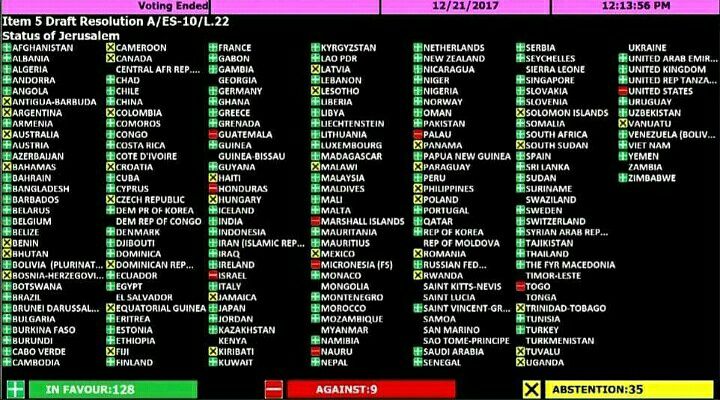And when we leave that country for real, tell me, who do you think will take over?
It doesn't really matter. Our only problem with Afghanistan was Al-Qaeda; and that was only because of 9/11. Whatever happens to Afghanistan will be Pakistan and Iran's problem. It was their problem before when Iran was supporting the Northern Alliance against the Taliban and Pakistan was supporting the Taliban against the Northern Alliance. As a population, and most of the government's security apparatus, we didn't even care.
But I suspect that Afghanistan will do exactly what all the rest of the area is doing or will eventually do. They will split off into factions, war, and come out the other side. This is what happens when populations spend over a century smashed together behind bad borders, unable to come to political common ground because their autocratic leaders pit tribe against tribe and torture out opposition. The awkward thing about Afghanistan (and perhaps why their historical federation of territories worked as a system) is that Afghanistan's borders were never really formed. Afghanistan is what was left after surrounding countries made theirs.
And we already know that ISIS is looking to set up safe haven there....
Let them. IS was always a local issue anyway. But IS will have to fight the Taliban for it, while the government (and the North) fight both.
Wouldn't we just be repeating the scenario that led to 9/11?
Not likely:
Immediately after 9/11, extremist organizations throughout the region were quick to declare that they had no part of it. This was reminiscent of the Luxor massacre in 1997 where Islamist massacred and mutilated 62 people, mostly Western and Asian tourists. This attack was aimed at Egypt's economy. Exiled Islamist leaders were absolutely shocked and they immediately condemned the act. The Muslim Brotherhood condemned it, gutted out their splintered and more autonomous organizations, and announced to the Egyptian government & population that they would only support policies of non-violence and would work for change only through the political system. (By the way, this shift in policy was some of the reason why Morsi won the election in 2012.)
Like that incident near Luxor, Islamist leaders and organizations knew that Osama Bin Laden went too far. Not only did all Arab governments condemn it, so did Iran. Islamist leaders, not of Al-Qaeda, distanced themselves and hoped a bomb wasn't aimed at them. The Taliban, playing the cultural host and somewhat stuck defending their guest, soon found that out too. And given the wreckage we helped bring throughout the MENA after 9/11, no government is going to allow an international terrorist group like Al-Qaeda threaten their own power by shrugging at a possible future 9/11.
Besides this, there are two things to consider:
1) 9/11 happened because Saddam Hussein consistently played border games with Kuwait, Saudi Arabia, and Jordan, which led to the U.S. exponentially growing a military presence in the "holy land."
2) In 2003, Robert A. Pape, the current director of the Chicago Project on Security and Terrorism (CPOST), completed a study in which he investigated all 315 global suicide terrorist attacks between 1980 and 2003. What all suicide campaigns across the world had in common was the goal of compelling democracies to withdraw military forces from the terrorists' national homeland. This means that terrorists aim their violence towards the emotions of the people who politically choose their leaders (think Bin Laden and 9/11).
This also means that suicide terrorism is a calculated weapon of last resort. It is not and can not be summed up as just some irrational act of douchery. Once "rebels" or religious extremists run out of conventional or guerrilla options, suicide terrorism becomes their last coercive strategy and this latest wave of suicide terrorism largely began in 1980. It continues because in the early 1980s, it proved to work. But Saddam Hussein is no longer the thorn that snags us in the heartland.


